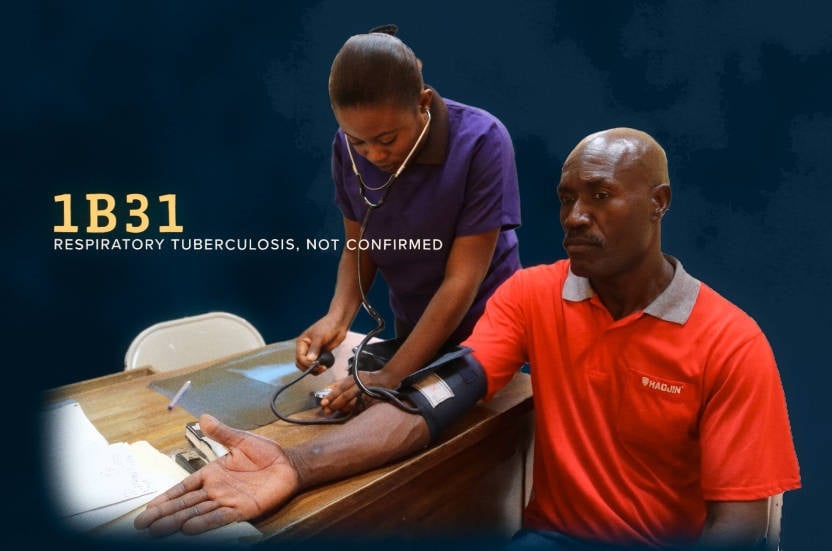
Classifications and Terminologies
WHO Family of International Classifications (FIC)

The WHO Family of International Classifications and Terminologies includes:
- the International Statistical Classification of Diseases and Related Health Problems (ICD),
- the International Classification of Functioning, Disability and Health (ICF),
- and the International Classification of Health Interventions (ICHI).
These Reference Classifications serve as the global standards for health data, clinical documentation and statistical aggregation.
Benefits of WHO-FIC
ICD-11, ICF and ICHI are key for effective knowledge representation and data transfer.
WHO Family of International Classifications (WHO-FIC) allows all healthcare workers (and patients) to communicate using one (technical) language.
In a hyper-connected world, WHO-FIC with their shared terminology are key for supporting natural language processing (NLP).
WHO-FIC with their shared terminology are key for effective text mining or text analytics (the process of deriving high-quality information from plain and unstructured text).
Used by
- Governments to allocate resources
- Researchers to collaborate across borders
- Doctors to document their cases
- Health providers in algorithms for decision support
- Hospitals to count the frequency of health problems
- Laboratories to exchange investigative data
- Insurance companies for billing purposes
- International organizations to assess trends in public health
Reference Classifications
Common Foundation - Terminology components
The Foundation Component represents the entire WHO-FIC universe. It is a multidimensional collection of interconnected entities and synonyms. These entities consist of diseases, disorders, injuries, external causes, signs and symptoms, functional descriptions, interventions, and extension codes. ICD-11 statistical core (MMS) is derived from this foundation, ICF and ICHI will follow. Currently, with over hundred thousand entities and the ontological design of the foundation component, more than one million terms can be captured.
The Foundation Component also includes WHO terminologies such as:
- WHO INN (non proprietary names - medicaments)/ATC
- WHO Devices
- Histopathology (tumours)
- Anatomy
- Details of external causes
- Severity
- Infectious agents
- Sites and activities
- Rare diseases
Derived classifications
Derived classifications are extensions of reference classifications, and are created for use within a specialty setting and are derived from the common foundation.
Related classifications
Related classifications are complementary to reference and derived classifications, and cover specialty areas not otherwise described in the Family of International Classifications (FIC).



